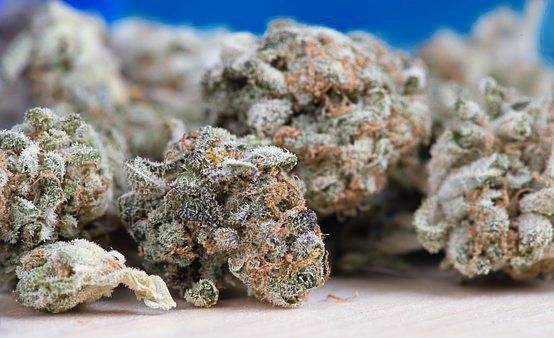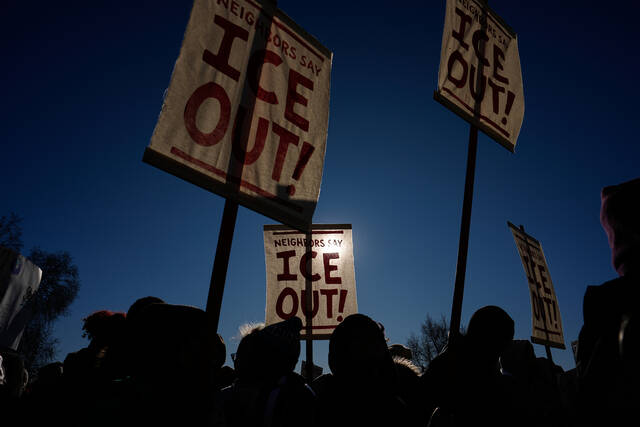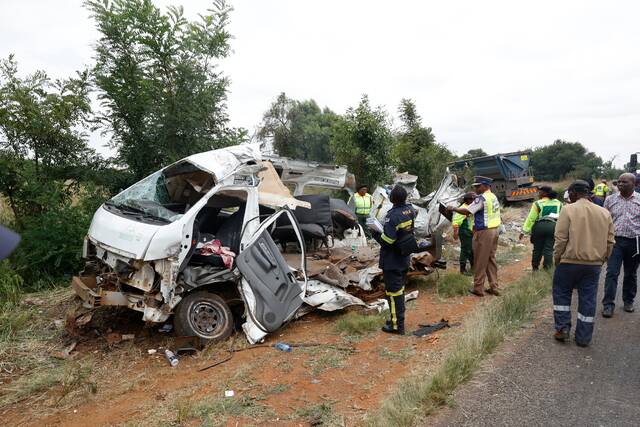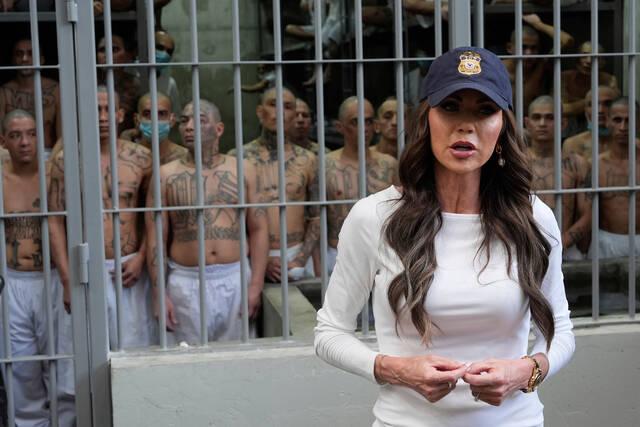CHICAGO — A proposal to legalize marijuana in Illinois would allow possession of up to 30 grams of the plant for residents 21 and over, a $30 million low-interest loan program to promote “social equity” in business ownership, and expungement of misdemeanor and class 4 felony marijuana convictions.
Adults would be allowed to grow up to five plants per household, in a locked room out of public view, with the permission of the landowner.
Municipalities may ban retail stores within their boundaries within the first year of the program. After that, any ban would have to come through a voter referendum.
According to a summary from Gov. J.B. Pritzker’s office, permit fees would be $100,000 for growers and $30,000 for retailers, with lower fees and for applicants from minority areas disproportionately affected by convictions in the war on drugs. There would also be a business development fee of 5% of total sales or $500,000, whichever is less, for cultivators, and up to $200,000 for dispensaries, with lower fees for social equity applicants.
Cultivators and processors would pay 7% of gross sales to dispensaries, while consumers would pay a 10% sales tax on products with less than 35% THC, the component that gets users high; 20% for all cannabis-infused products, such as edibles; and 25% sales tax on products with more than 35% THC, such as for concentrated extracts known as shatter and wax.
Municipalities may add an extra 3% sales tax as well, with counties tacking on another .5% in incorporated areas, and 3.5% in unincorporated areas.
Of the tax revenue generated, 35% will go to the state General Fund, 25% for community reinvestment, 20% for mental health and substance abuse treatment, 10% for the state’s unpaid bills, 8% for law enforcement training grants, and 2% for public drug education.
Those who treat substance abuse warned of an increase in addiction if marijuana use is made legal.
Aaron Weiner, director of addiction services at Linden Oaks Behavioral Health in Naperville, emphasized his concerns about the lack of limits on THC concentration, that advertising will be allowed, that marijuana shops can be 1,000 feet from schools, and that concentrates and extracts can be sold.
“This is a bill to generate money for the marijuana industry,” he said. “We have other, more responsible options for drug policy — our state deserves better.”
The governor would appoint a Cannabis Regulation Oversight Officer who would recommend changes to the law and rules, and would coordinate regulation among the departments of agriculture, revenue, financial and professional regulation, state police, public health, commerce and economic opportunity, and human services.
Advertising would be prohibited near schools, playgrounds, public transit and public property, and any advertising meant to appeal to minors would be banned.
Packaging would be sealed and labeled, child-resistant, and required to state that cannabis “can impair cognition and may be habit forming,” and should not be used by pregnant or breast-feeding women. It would be illegal to re-sell marijuana, and to take it out of state, since it remains illegal under federal law.








